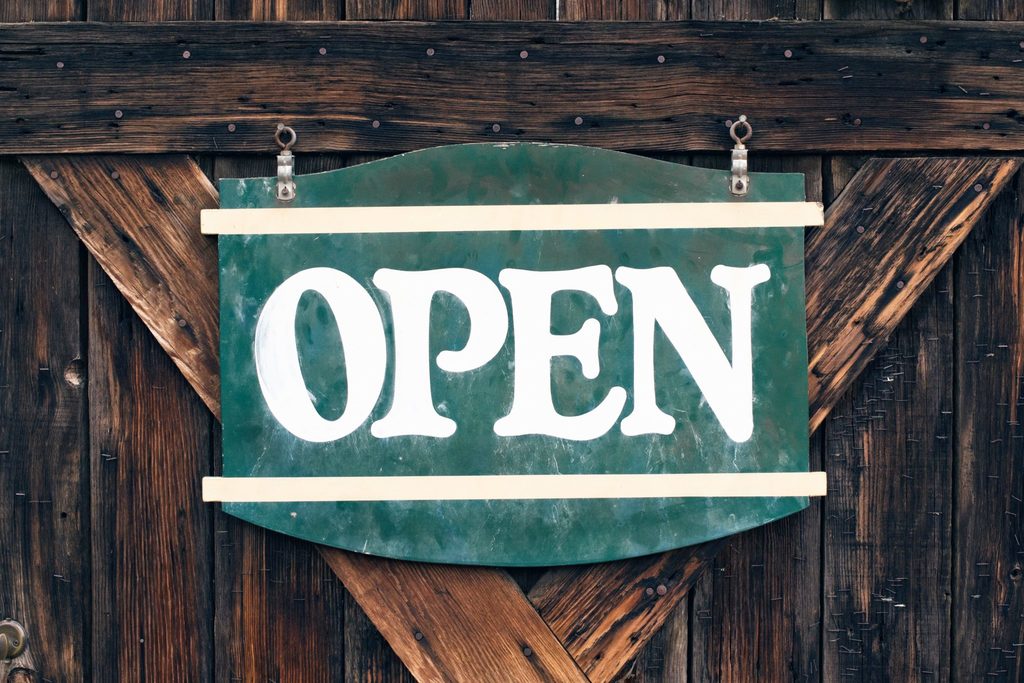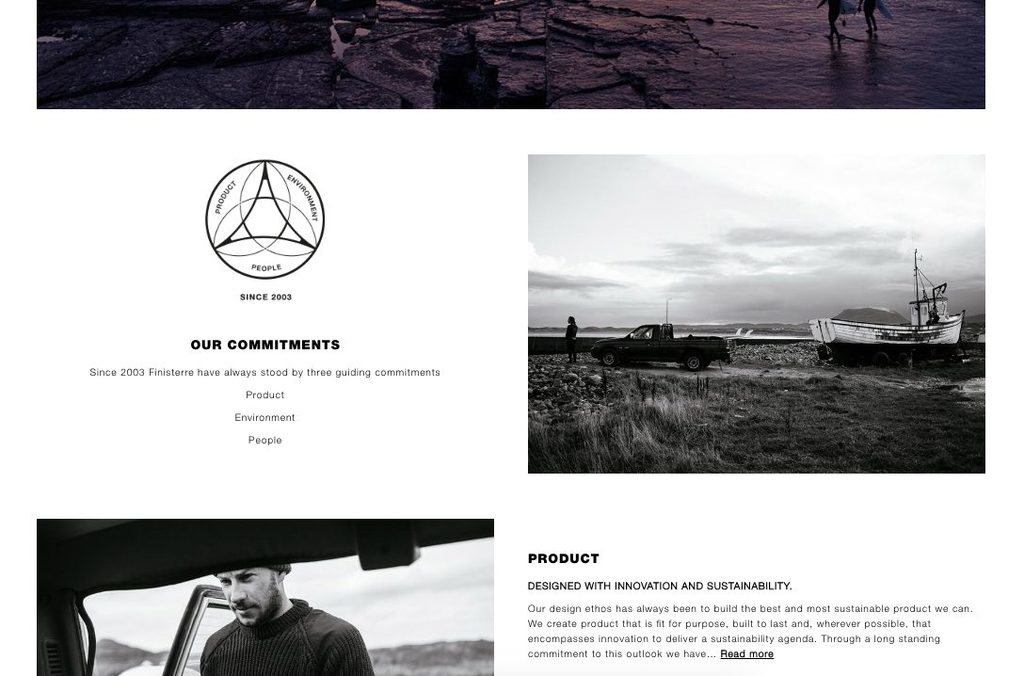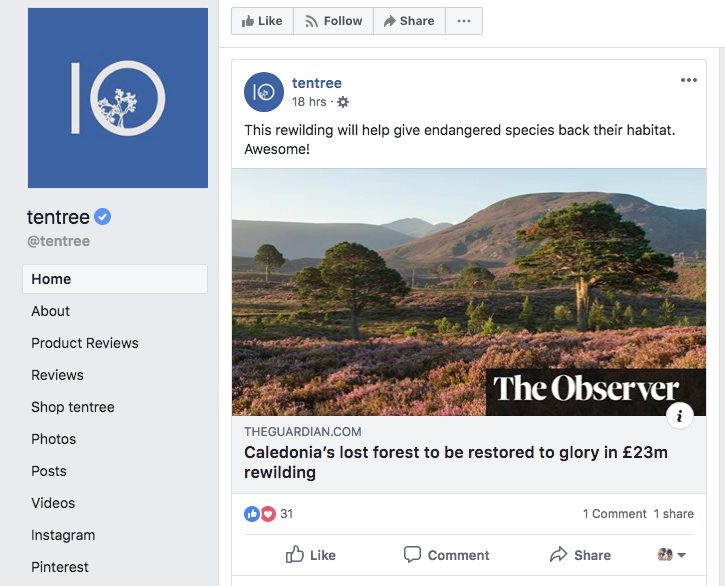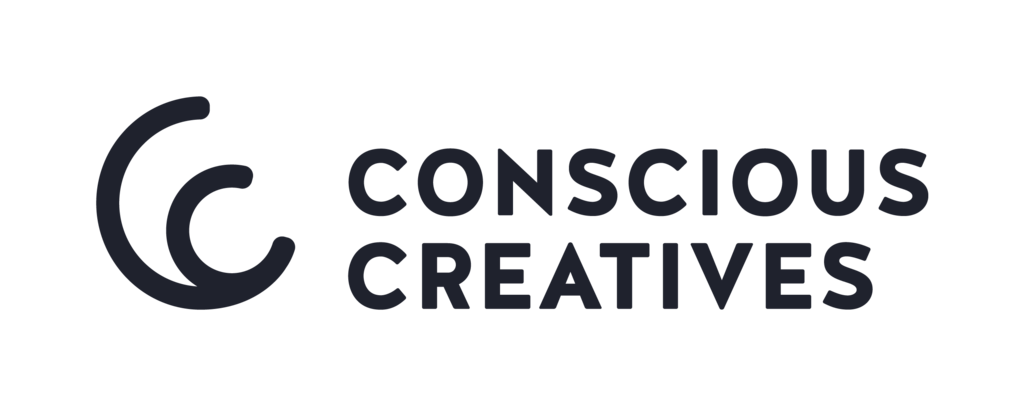5 brands doing sustainable marketing right
Struggling with how to launch your sustainable marketing plan? Here are some brands that are leading the way.
Sustainable marketing is at the core of everything we do.
It helps us connect with our audience, drives long-term thinking over short-term gain, and even encourages us to do things worth sharing.

We’ve written about what sustainable marketing is, and how to write a sustainable marketing plan, so we thought some case studies might help drive home the point.
Everyone learns in different ways, and we find looking at examples to be super helpful. So here are five brands that are doing sustainable marketing right.
Finisterre
Sustainability covers a number of different bases. It stems from the desire to protect the planet and ventures out into issues of gender, race, poverty, mental health and more.
Basically, if it concerns the plight of humans or the planet, it’s a sustainability issue. So a company like Finisterre — which makes high-quality surf gear, as well as dry-land stuff — ticks a few sustainable marketing objectives.

Their visual output contains models of various ethnic backgrounds and isn’t the all-white-male cast that we so often see in advertising.
They also focus on storytelling, which is a massively important part of sustainable marketing. Those stories are often about preservation, respect for the environment and making products that won’t end up in landfill after three uses.
What to learn from Finisterre:
Embrace diversity and commit to powerful storytelling.
734 Coffee
Sustainability, at its best, makes people’s lives better. That’s what 734 Coffee aims to do, with its mission to give refugees from South Sudan school scholarships.
The company works with growers to create ethically-sourced coffee that helps vulnerable people get an education that they otherwise might be denied.
Browse through the social feeds of 734 Coffee and you’ll notice — like all of the brands on this list — that selling is not their priority. Of course, they need to make money to keep going, but their philanthropic work is the biggest selling point of all.
Genuine sustainable marketing places value on long-term loyalty. If you buy a bag of coffee and find out that it means an extra day of education for four refugees, you’re going to buy another bag.
What to learn from 734 Coffee
A simple product and a clear goal can change lives.
tentree
A clothing brand with the goal to plant one billion trees by 2030. Ambitious, but not out of reach — they’ve already planted 20 million since 2012.
tentree (as the name suggests) plant 10 trees for every garment they sell. A quick flick through their Twitter page or Facebook profile and you’ll see that it means a lot to them. So much so that they’re aiming “to become the most environmentally progressive brand on the planet.“
And that’s the lesson to learn from tentrees: create a goal that is bigger than the bottom line and do everything in your power to achieve it.

Consumers aren’t stupid, and they know corporate greenwashing when they see it. Where tentree succeeds is their desire to make real-life change. Sustainable marketing becomes a whole lot easier when you’ve got that foundation.
What to learn from tentree
An ambitious target can help make a business both profitable and sustainable.
TRIBE
On first inspection, they’re a sports nutrition company. After a closer look, you can see that they really care.
TRIBE was founded on the desire to end human trafficking. Since then, they’ve added sustainability to their list of things to be proud of. Their Instagram feed is packed with pictures of their community — runners, cyclists, climbers, surfers and more — doing active things with a purpose.
Since their founding principles are so strong, those who buy into their brand get more than a product. That’s the goal for any sustainable marketing plan — for your product to encourage others to do good.
Their business model depends on brand loyalty (they offer a subscription service) and they know how to keep people coming back. The secret? A good product, commitment to their community and an ultimate goal to keep them on track.
What to learn from TRIBE
A strong community will make you more resilient.
Patagonia
Social media doesn’t work if you use it like traditional advertising. It’s not TV or print so we need to be smarter about how we use it.
Brands like Patagonia know how to use social media in their sustainable marketing campaigns. Look down their Instagram page and see if you can find a single “Product X available now!” post. I bet you can’t.
That’s because they’ve realised it’s a place to build a brand and a community, not flog products for short-term gain.

As well as posting customer photos, they document their own events — and they arrange a lot of them. The biggest lesson to learn from Patagonia is to do enough things to be able to talk about them online.
Social media is not as vacuous as it once was — people want to see substance.
What to learn from Patagonia
Don’t use social media like a catalogue — tell us your stories.
What next for your brand?
Now we’ve looked at some inspirational examples, it’s time to turn the focus back to you. How are you going to change the world for the better, and make a profit while doing it?
As we’ve seen, genuine sustainability is hard to fake. It’s not enough to stick a green label on your product and call it eco-friendly. Consumers are smarter than ever and we’ve got a culture that is pretty unforgiving when it comes to corporate transgressions.
So speak to your employees, your board and your customers. Find out what issues mean the most to them, and think about how you can integrate them into your sustainable marketing plan.



